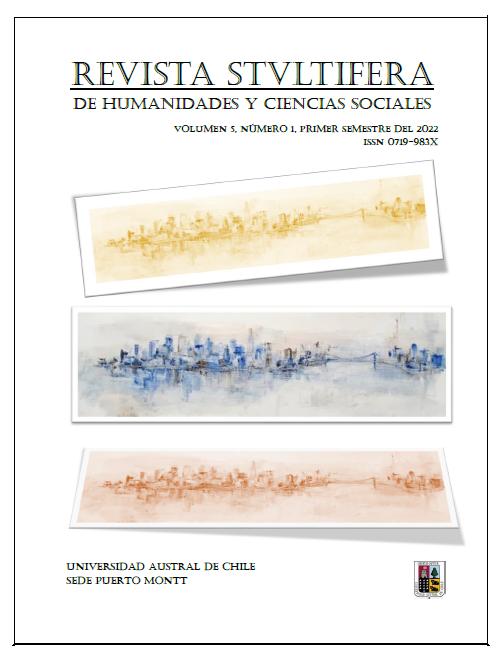On Cracks and Ruptures: Populism Seen as a Process. A Socio-Historical Analysis Based on the Populist Theory of Ernesto Laclau
Main Article Content
Abstract
Despite its undoubted contributions and originality, several authors have been pointing out the limitations of Ernesto Laclau's theory of Populism, mainly from the developments in The Populist Reason. Whether because of its formalism, the opposition between Mobilization and Institutionalization (shared with Chantal Mouffe) or the conflation of populist logic with that of politics in general, recent criticisms aim to go beyond Laclau. In this article we seek to sociologize Laclau's theory including in its formal logic an ontic and structural logic linked to cleavage theory. From this perspective, we propose to understand populism as a project and
a political regime that is explained by what we call a Populist Process that distinguishes three instances: moment, phenomenon and regime. For this purpose we make, in the first place, a general reference to the formal character of the populist articulation and how the mobilization-institutionalization border is built in Laclau and Mouffe; then we inquire about what we mean by populist process; and finally, we raise the possibility of studying populism from a logic based on what we have called horizontal and vertical cleavages, a proposal that although it
is not dependent on processual theory, converses with it by also demanding a perspective of sociological analysis and not only of political events when talking about populist cleavage.
Article Details
Usted es libre de compartir (copiar y redistribuir el material en cualquier medio o formato) y adaptar (remezclar, transformar y construir sobre el material). El licenciante no puede revocar estas libertades siempre y cuando usted siga los términos de la licencia.
La licencia se da bajo los siguientes términos:
Atribución: debe dar el crédito adecuado, proporcionar un enlace a la licencia e indicar si se realizaron cambios. Puede hacerlo de cualquier manera razonable, pero no de ninguna manera que sugiera que el licenciante lo respalda a usted o a su uso.
No comercial: no puede utilizar el material con fines comerciales.
Sin restricciones adicionales: no puede aplicar términos legales o medidas tecnológicas que restrinjan legalmente a otros de hacer cualquier cosa que la licencia permita.


 http://orcid.org/0000-0002-5503-1619
http://orcid.org/0000-0002-5503-1619